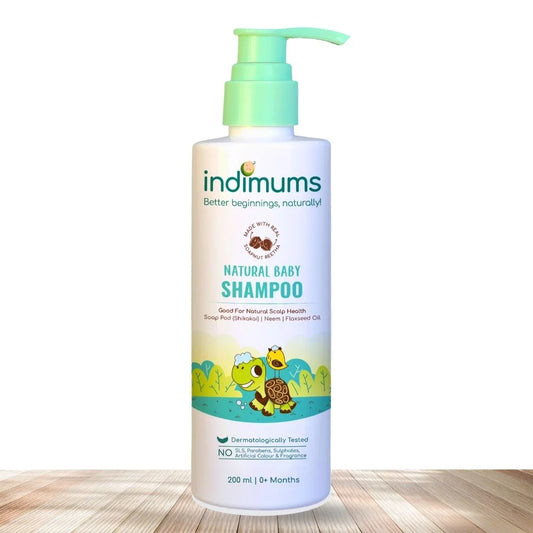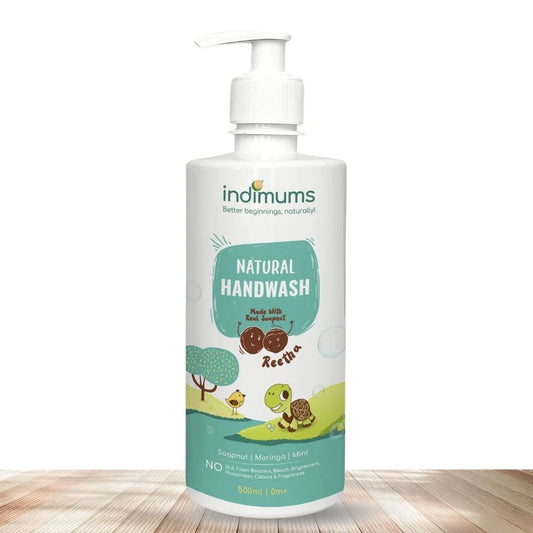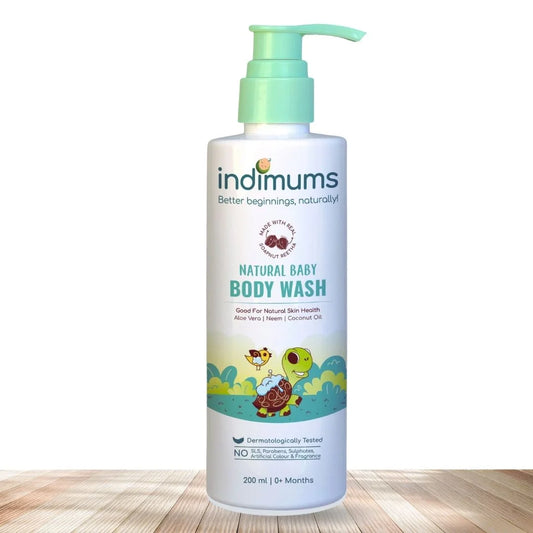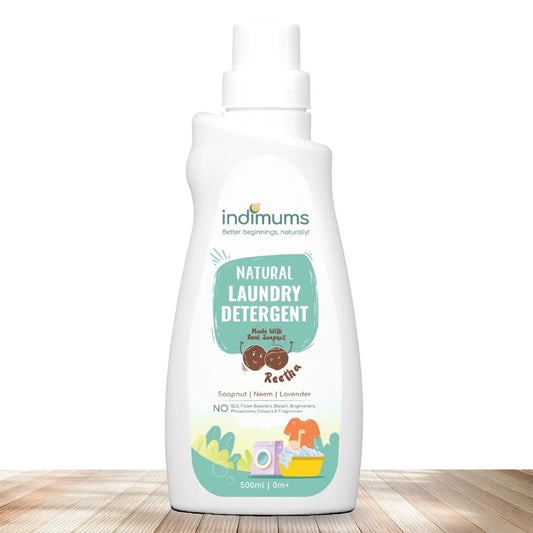Introduction to Benefits of Jaggery for Newborns
Welcoming a newborn into the world is a joyous occasion, marked by careful consideration of every aspect of their well-being. As parents, it's only natural to seek the best for our little ones, especially when it comes to their nutrition.
In this blog post, we'll delve into the age-old question: Is jaggery good for newborns? Additionally, we'll emphasize the importance of maintaining hygiene during feeding.
What is Jaggery? The Natural Sweetener Explained
Jaggery, a traditional sweetener made from concentrated sugarcane juice, has been a staple in many cultures for centuries. Unlike refined sugar, jaggery retains some of the vitamins and minerals present in sugarcane, including iron, magnesium, potassium, and vitamins. This makes it an attractive natural sweetener for those looking to enhance their diet with wholesome nutrients.
Is Jaggery Safe for Newborns?
Let’s clear this up first: newborns under 6 months should not be given jaggery—or anything besides breast milk or formula. A baby’s digestive system is still developing during this phase and introducing jaggery too early can cause digestive discomfort or allergies.
But once your baby starts eating solids (usually after 6 months), jaggery can be added in tiny amounts, and that’s when the real jaggery health benefits for babies start to show.
Benefits of Jaggery for Newborns:
Iron Boost:
Jaggery is a good source of iron, which is essential for the development of a baby's brain and overall growth. Introducing small amounts of jaggery into the diet can contribute to meeting the baby's iron requirements.
Constipation Relief:
Some babies may experience constipation, and jaggery is believed to have mild laxative properties. However, it's crucial to consult with a pediatrician before using jaggery as a remedy for constipation in infants.
Immune System Support:
Jaggery contains antioxidants that may help support the baby's developing immune system. This can be particularly beneficial during the transition from a protected environment in the womb to the outside world.
How to Introduce Jaggery to Your Baby?
-
Start small – Begin with a pinch of jaggery in porridge, dal water, or rice mash.
-
Only after 6 months – Always consult your pediatrician before introducing jaggery.
-
Use organic jaggery – Avoid processed or bleached jaggery with added chemicals.
- Watch for allergies – Always observe your baby after feeding something new.
Maintaining Hygiene: A Fundamental Aspect of Feeding
Feeding time is not only about the food itself but also the environment in which it takes place. "The Indi Mums" understand the significance of hygiene in a baby's world and have crafted a range of products to support parents in creating a clean and safe space for their little ones.
Why Parents Trust Traditional Remedies Like Jaggery
In a world filled with packaged and processed baby foods, many parents are turning back to nature. The jaggery benefits for babies go beyond nutrition—it’s about keeping things simple, clean, and rooted in tradition.
And as you take this clean approach to your baby’s diet, make sure you also choose toxin-free products for their daily care:
-
For skin and hair: Try the best organic baby skin care products and a gentle infant shampoo.
-
For bath time: Choose a body wash for newborn baby that’s natural and tear-free
-
For laundry: Always go for the best baby laundry detergent in India to avoid harmful residues
-
For hygiene: Clean bottles safely with a baby bottle cleaner liquid that’s plant-based and chemical-free
Creating a Safe Haven for Your Little One
"The Indi Mums" brand goes beyond just providing products; it represents a commitment to creating a nurturing environment for newborns. All products are made from natural ingredients, with a focus on soapnut—a time-tested natural cleanser. This ensures that your baby experiences the purest form of care without exposure to harsh chemicals.
Final Thoughts
To sum it up, jaggery can be beneficial for babies, but only when introduced at the right time and in the right way. It’s packed with natural goodness—rich in iron, minerals, and immunity boosters that support healthy development.
However, always remember that moderation is key. Introduce jaggery only after consulting your pediatrician and always go for the natural, organic variety.
Choosing jaggery for your baby’s diet is like choosing nature’s sweet care—just like you do with everything else.




